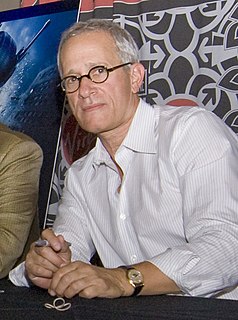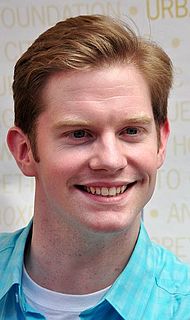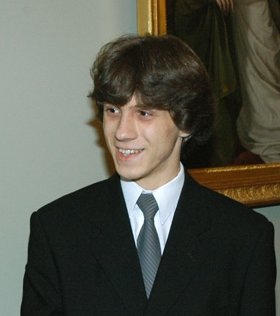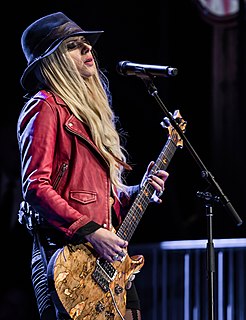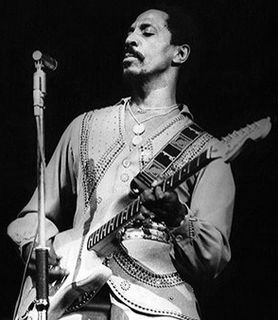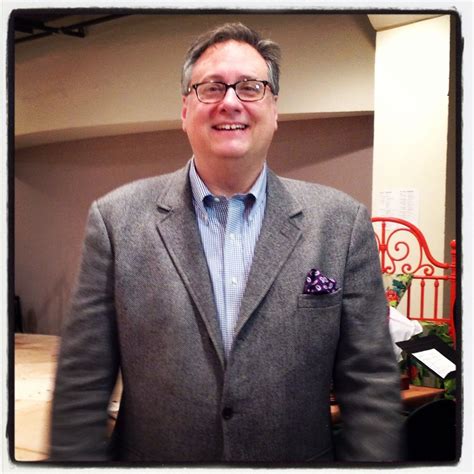A Quote by Dolly Parton
I'm working on my life story. I'm not decided if it's going to be a musical or a movie with music in it.
Related Quotes
That story about the two women in my life is - a lot of people get upset, a lot of people question it. Steven Soderbergh said to me, "The story of your life is incredible. The real story of your life that's interesting, more interesting than all the other stuff - the franchises, the movies, the songs, Elvis Presley, Frank Sinatra - the real thing that's interesting and unbelievable is the relationship with these two women. And if you're willing to put that out there, you know then, you're going to have a great movie. Because that's the movie."
If someone said, "Here, you have your pick, you can do either a musical, Moulin Rouge type of movie, where you sing and dance, or an action movie, or a Shakespearian or Elizabethan movie," I would definitely love to do a movie that was based on a musical, where I would get to sing, dance and act, all at the same time.
I mean, take 'Chariots Of Fire.' That opening scene, the long shot of the runners along the beach, and then you hear that music... I think that was one of the first times synthesizers were really used in movie music. I just flipped! I didn't even care what the story was going to be. Give me a nice marriage of sound and music.
It's remarkable how a soundtrack can be so important to the storytelling and the experience. I think the music is going to make people see the movie a lot. The music is going to make you want to go see it again. You have so much fun in the movie, and it's music that you want to share with your kids, anyway.
Another way of working is setting deliberate constraints that aren't musical ones - like saying, "Well, this piece is going to be three minutes and nineteen seconds long and it's going to have changes here, here and here, and there's going to be a convolution of events here, and there's going to be a very fast rhythm here with a very slow moving part over the top of it." Those are the sort of visual ideas that I can draw out on graph paper. I've done a lot of film music this way.

